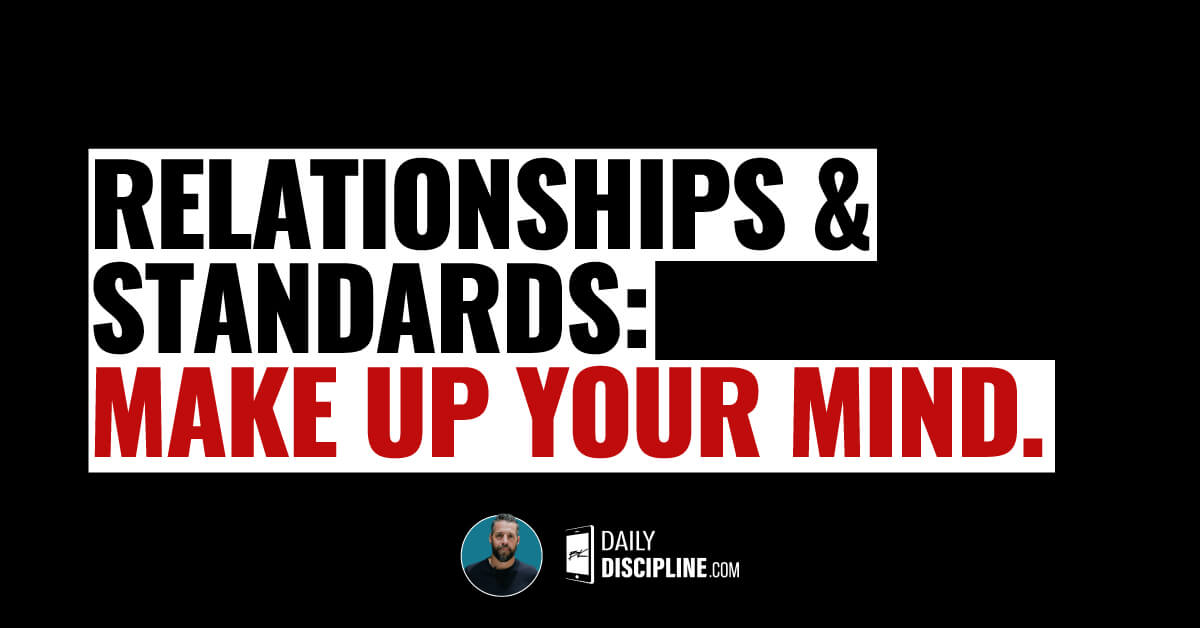A time and place for everything. We’ve all encountered the person who doesn’t grasp the idea of boundaries or consider that their opinion isn’t necessary, or all that interesting. They’re unnecessarily assertive. Perhaps you’ve been that person. I have. It tends to be paired with a lack of self-awareness.
We’ve also encountered the person who doesn’t grasp the idea of speaking up for themselves or consider that their opinion is worthy of respect and deserves attention. They’re unnecessarily passive. Perhaps you’ve been that person. I have. It tends to be paired with a lack of courage or confidence.
The simple skill of assertiveness is to speak your mind and stand your ground to establish a standard and uphold an expectation, which can’t be separated from the wisdom of when to use it.
Knowing how and when to be assertive isn’t just helpful, it’s necessary. This world and the people in it will push and push and push for you to accept lower standards, feel awkward for pushing back, and believe what is popular is good and must be normal. Those who can’t or won’t be assertive will eventually be overwhelmed and overcome by stronger, smarter, more dominant forces around them.
Self-awareness
Assertiveness is influenced heavily by personal preferences and styles that were hardwired early in life. Using or avoiding assertiveness tends to be governed more by style than by strategy, more from impulsive emotion than from intentional decision. Rather than remain fixed to rigid style limitations, think of and use assertiveness as a tool to deploy with discipline.
Self-discipline
Attach assertiveness to an intention and an objective. Stay away from autopilot. Make it strategic. This helps the overly-assertive person step back as much as it helps the overly-passive person step forward.
Attaching to an intention means to internally decide the meaning, emotion, or value you want your assertiveness to display. It’s a strategic choice to make someone feel, see, or hear something. How do you want to come across? You can be kind, considerate, loving, funny, understanding, patient, appreciative, strong, committed, steady . . . and assertive.
Attaching to an objective means to be clear about the outcome you want assertiveness to produce. Assertiveness is a tool to achieve something. What is the real outcome and what does success look like? Think about a night out with friends. Being assertive to the point I annoy everyone at dinner doesn’t achieve anything of value for me. Neither does being passive when the waiter messes up my order and I eat a dinner I don’t enjoy. I want a fun night of interesting conversation with people I like eating food I enjoy. If there is a time and place for assertiveness that helps me and my friends get that, I’ll use it.
Self-confidence
If you believe you have value (you do) and care about your quality of life (you do), you owe it to yourself to be assertive, when the situation calls for it, about things that matter to you.
There is no virtue in getting marginalized and accepting less because you won’t assert yourself. You owe yourself more than that. But you will earn as you deserve.
Do the work.

Share your thoughts